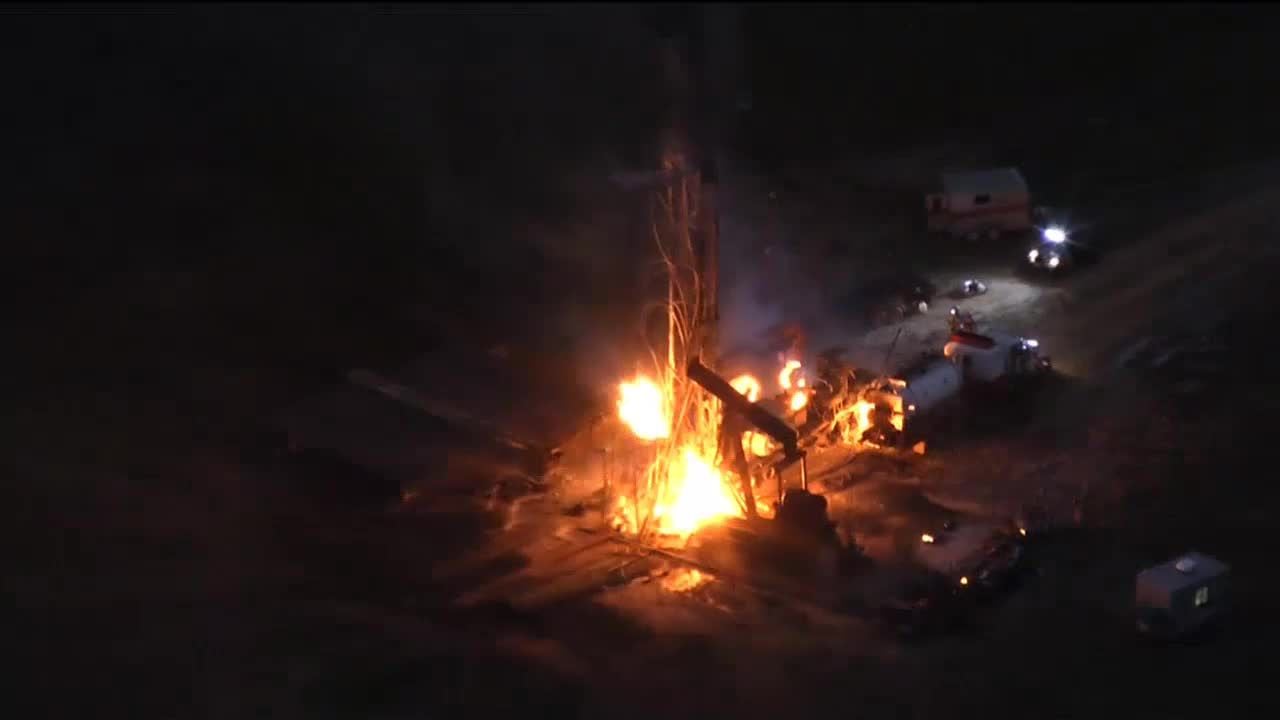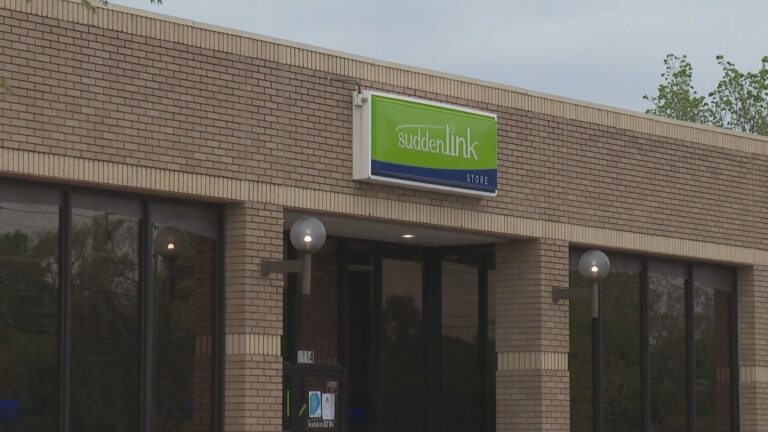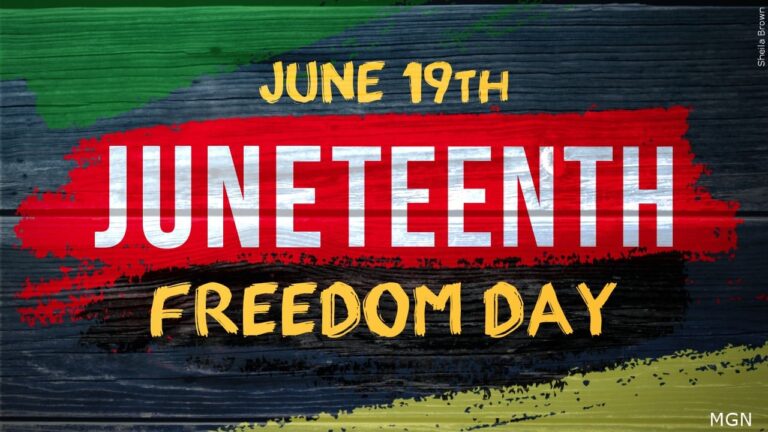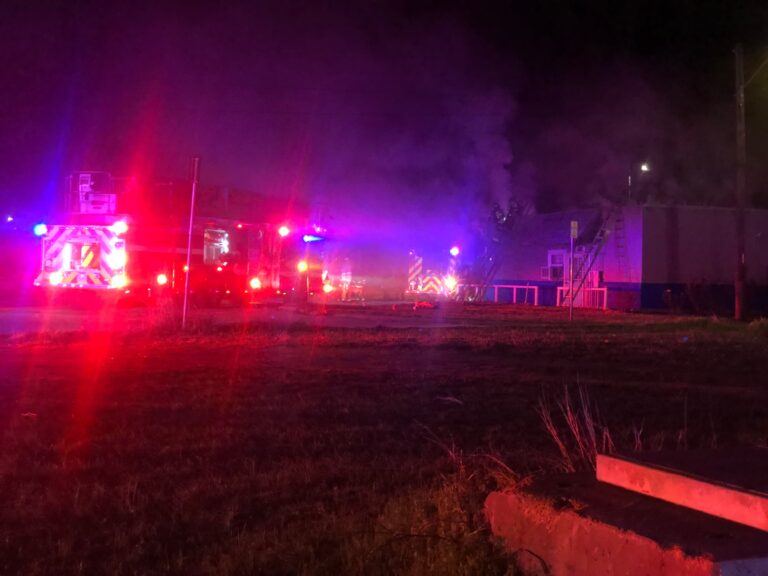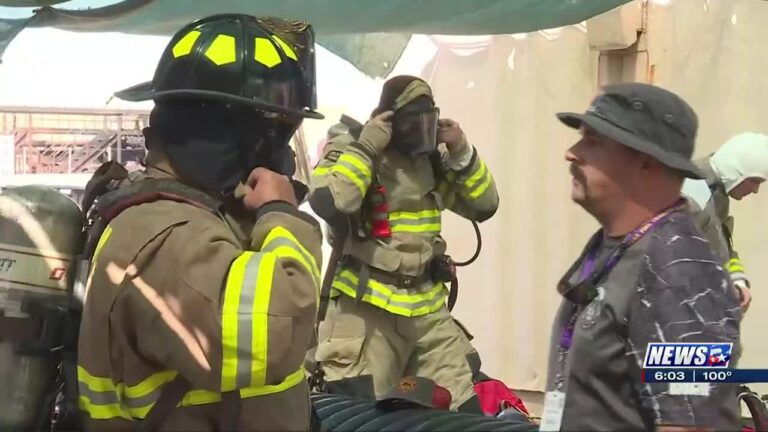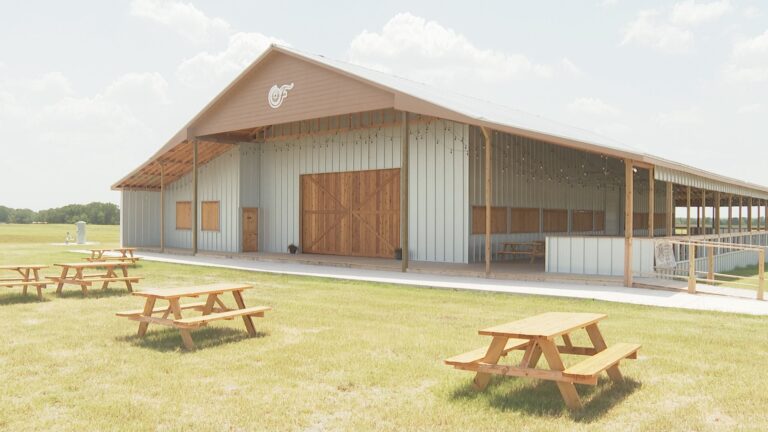Federal safety board shares findings on fatal oil and gas well blowout in Burleson County
BURLESON COUNTY, Texas (KBTX) – A federal safety board on Tuesday shared findings of a devastating oil and gas well blowout that occurred three years ago in Burleson County.
The incident which occurred on January 29, 2020, resulted in the death of three contract workers and left a fourth severely injured.
The Daniel H. Wendland 1-H well, operated by Oklahoma-based Chesapeake Energy, was the location of the deadly flash fire that was felt throughout Burleson County and neighboring communities.
The U.S. Chemical Safety Board, in its comprehensive report, points to critical failures in the operation of the well, particularly in the areas of planning and research. The report also delves into the specifics of what went wrong, revealing the loss of well control triggered an uncontrolled release of hydrocarbons, followed by the escape of oil and gas from the well that quickly found an ignition source.
The report says the source was never specifically identified.
The report goes on to say Chesapeake did not incorporate industry guidance in its operations and also said that there are too few federal regulations that regulate the industry.
The full news release with a link to the final report is shared below:
Washington D.C. December 26, 2023 – Today the U.S. Chemical Safety and Hazard Investigation Board (CSB) released its final investigation report into the fatal January 29, 2020, well blowout at the Daniel H. Wendland 1-H well (“Wendland well”), in Burleson County, Texas.
Three workers suffered fatal burn injuries from a flash fire that erupted when hydrocarbons from the well ignited, and a fourth worker was seriously burned but survived. The CSB’s final report found that the lack of effective well control practices, including well barriers, contributed to the incident, along with the absence of regulations governing onshore oil and gas operations.
On January 29, 2020, the Wendland well, which was operated by Chesapeake Operating, L.L.C. (“Chesapeake”), experienced a loss of well control, which resulted in an uncontrolled release of hydrocarbons. Oil and gas escaped the well, and within seconds, found an ignition source, resulting in a flash fire in the vicinity of the well. One individual who had been working close to the release point suffered fatal burn injuries at the incident site. Three other individuals suffered serious burn injuries, and two of them later died from their injuries.
All of the injured personnel were contract workers.
CSB Chairperson Steve Owens said, “As the U.S. continues to expand domestic energy production, both industry and the federal government must ensure that onshore oil and gas operations are conducted safely and under proper oversight. Three workers died because adequate steps were not taken to prevent this blowout and the fire that resulted.” The CSB determined that the operator of the Wendland Well and its contractors did not implement effective well control measures, meaning that proper steps were not taken to ensure the appropriate level of safety during well servicing operations.
As a result, the well control barriers implemented at the Wendland Well were ineffective, resulting in a blowout and release of hydrocarbons, which ignited. The CSB also found that there is insufficient industry guidance on well control for wells in an underpressured reservoir, like the Wendland well. The CSB further determined that ineffective ignition source management contributed to the fire. Finally, the CSB concluded that the absence of regulations governing onshore oil and gas operations also contributed to the incident. The CSB’s final report identifies four key safety issues:
Well Planning. At the time of the incident, well planning procedures from industry guidance included gathering well information, analyzing the information to predict potential hazards, and formulating contingency plans to address these hazards. But Chesapeake’s well control policies did not incorporate this guidance, and Chesapeake did not adequately review the past history of the Wendland 1-H well, which would have indicated previous well control issues.Well Control for Completed Wells in Underpressured Reservoirs. The CSB learned that industry guidance does not provide reliable methods for well control for completed wells in underpressured reservoirs. Further, existing regulations do not require the implementation and maintenance of well control for onshore oil and gas operations.Ignition Source Management. During the incident, a mixture of flammable hydrocarbons released from the well and found an ignition source. Multiple potential ignition sources were identified in the vicinity of the open wellbore. Chesapeake’s policies did not include industry guidance hazard assessments when locating ignition sources and atmospheric monitors near potentially flammable atmospheres.Federal Regulatory Safety Requirements. There are minimal regulations that govern onshore oil and gas drilling and servicing operations despite prior attempts to promulgate special rules for this industry.
Investigator-in-Charge Harold Griffin said, “The CSB’s final report found a number of shortcomings when it came to safe operations at the Wendland Well. Ultimately, a lack of established safety practices was a significant factor in this incident. In this case, the well operator and its contractors did not implement effective preventative safety measures consistent with industry recommended practices, which contributed to the severity of this incident.”
The CSB is issuing recommendations to the U.S. Occupational Safety and Health Administration (OSHA), the American Petroleum Institute (API), and Chesapeake. The CSB is calling on OSHA to include onshore well drilling and well servicing operations in the agency’s Process Safety management (PSM) standard or alternatively develop a federal standard to address these operations.
The CSB also is urging OSHA to remove the exemption that excludes oil and gas drilling and well servicing from OSHA’s Control of Hazardous Energy (CHE) standard and expand the standard to cover oil and gas production. Lastly, the CSB is calling on OSHA to promulgate a new federal standard to cover drilling, production, and servicing/workover activities surrounding onshore oil and gas wells.
The CSB is also recommending that API publish guidance specifically for well control methods for completed wells in underpressured reservoirs. Finally, the CSB is calling on Chesapeake to include industry standards relating to workover well control planning in the company’s operating procedures.
The CSB’s board members are appointed by the President subject to Senate confirmation. The Board does not issue citations or fines but makes safety recommendations to companies, industry organizations, labor groups, and regulatory agencies such as OSHA and EPA.
THE FULL REPORT IS SHARED BELOW
Wendland Final Report – Final by KBTX on Scribd

